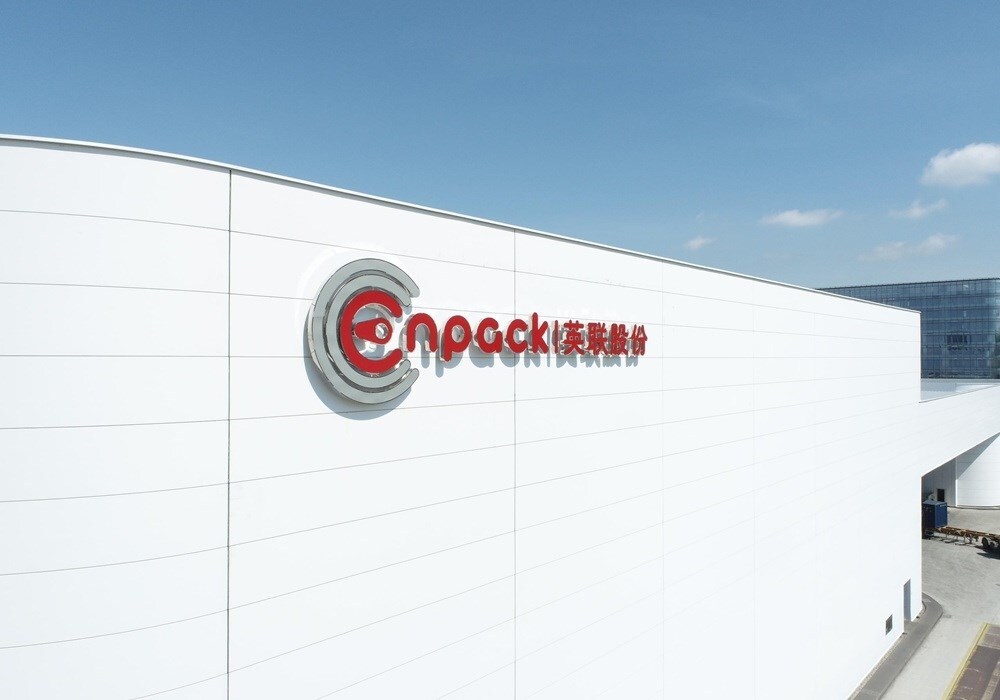您想继续阅读英文文章还
是切换到中文?
是切换到中文?

THINK ALUMINIUM THINK AL CIRCLE

China’s Enpack Packaging has moved beyond its core drinks-can business with a striking new win: a long-term supply deal for over 50 million square metres of composite aluminium foil to be used in next-generation semi-solid-state battery cells. The agreement signals how suppliers once rooted in traditional metal packaging are repositioning themselves inside the fast-growing battery materials chain.

Large order signals rising demand
The Shantou-based company, Enpack, said the unnamed client will purchase the materials from its Jiangsu province plant over a two-year period. The pricing will be based on the actual sales price of the client’s batteries, reflecting the increasing trend of index-linked supply contracts in the battery sector.
Explore- Most accurate data to drive business decisions with 50+ reports across the value chain
Enpack withheld the buyer’s name and revenue guidance, citing the need to protect trade secrets. This secrecy is common in solid-state development, where competitive advantages hinge on marginal gains in energy density and safety.
Why composite collectors matter
Composite current collectors pair metal foil and polymer film, a combination that can greatly enhance the safety and energy density of lithium batteries. They can also reduce battery weight and production costs.
This aligns with global R&D efforts aimed at reducing thermal risk and enabling high-energy chemistries for electric mobility and grid-scale storage.
Enpack reported H1 revenue of RMB 6.97 million (USD 0.98 million approximately) from battery-related materials (USD 0.97 million), still accounting for under 0.1 per cent of total sales. Yet this order suggests early validation of its battery-foil technology and could anchor its diversification.
Read More: Novelis advances Oswego plant restoration timeline, easing pressure on automakers
Applications and industry momentum
According to the client, semi-solid-state batteries achieve industry-leading performance, and are on track for mass production. Anticipated applications include NEVs, drones, large energy-storage systems, and 3C products, emphasising the growing commercial interest in semi-solid-state designs as a transition from liquid to fully solid-state systems.
Semi-solid-state batteries retain a small amount of liquid electrolyte, making them safer and more energy-dense than conventional lithium-ion cells, while avoiding the significant manufacturing challenges associated with fully solid-state designs. For suppliers like Enpack, this creates an accessible entry path as OEMs scale pilot lines into commercial output.
Enpack’s shares [SHE: 002846] closed at 0.9 per cent lower at RMB 20.80 (USD 2.92), after a turbulent trading session in which the share price moved between a 4.9 per cent drop and a 7.7 per cent rise. The company recorded gains of more than 17 per cent during the previous three sessions prior to this retreat. Additionally, the Shenzhen market as a whole fell 0.9 per cent during the day.
Must read: Key industry individuals share their thoughts on the trending topics
Responses








